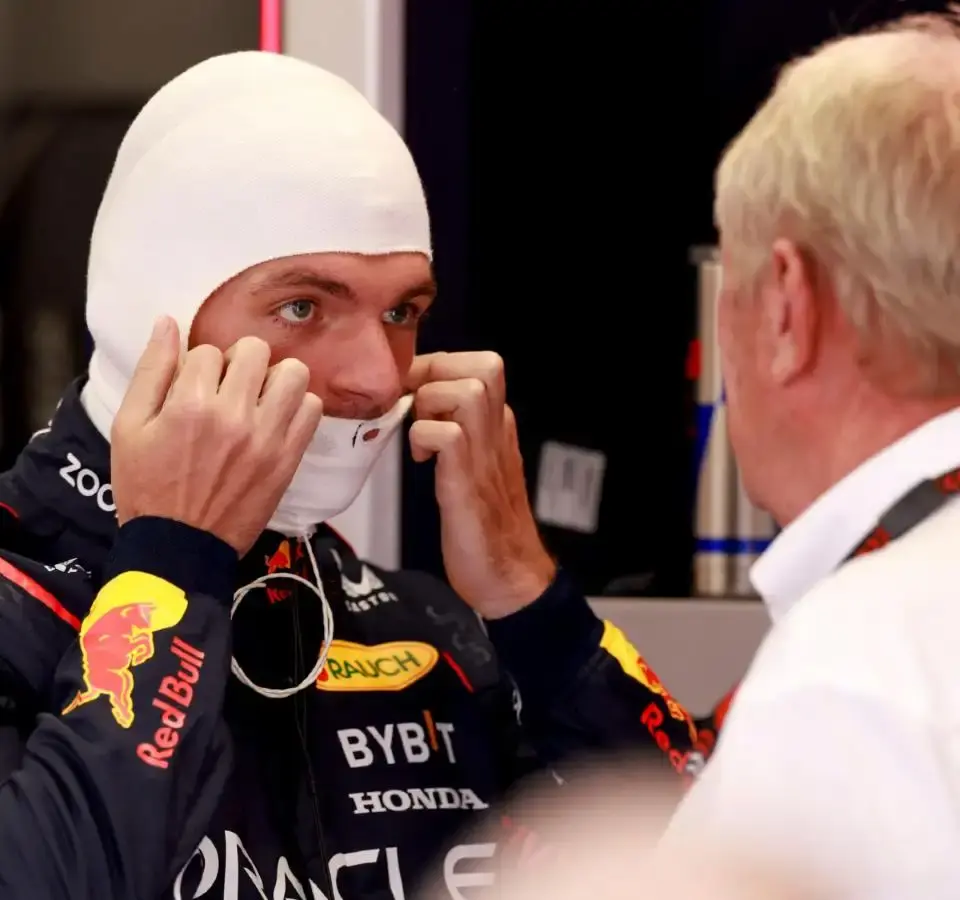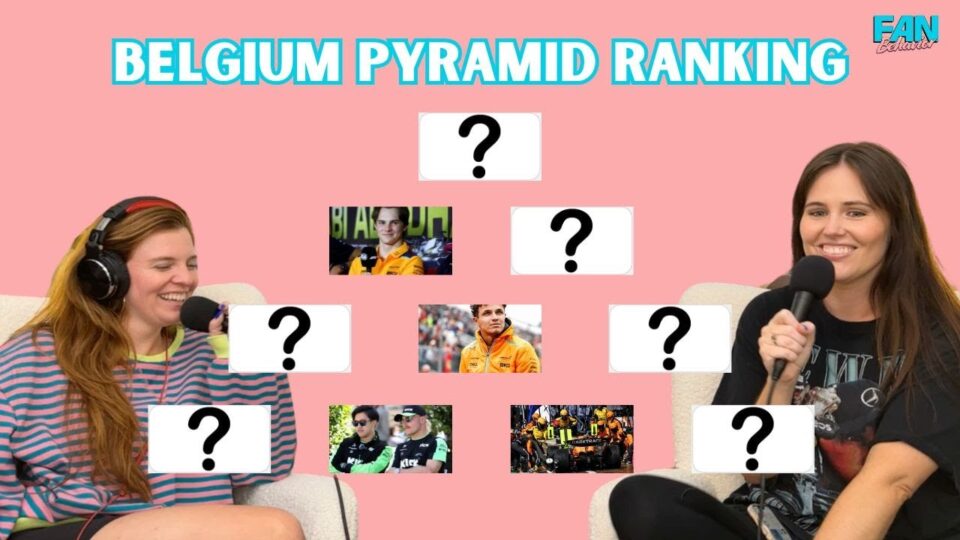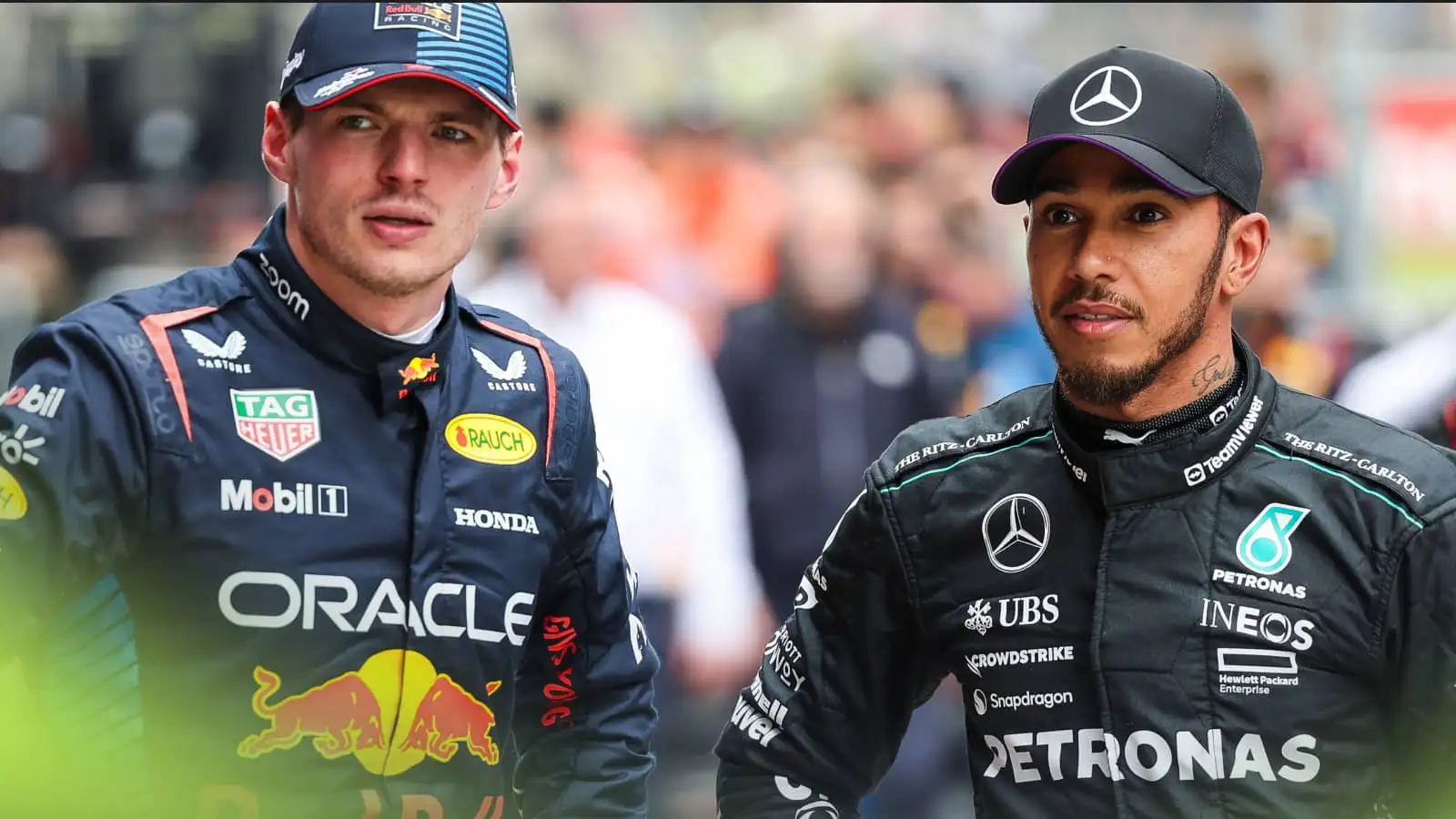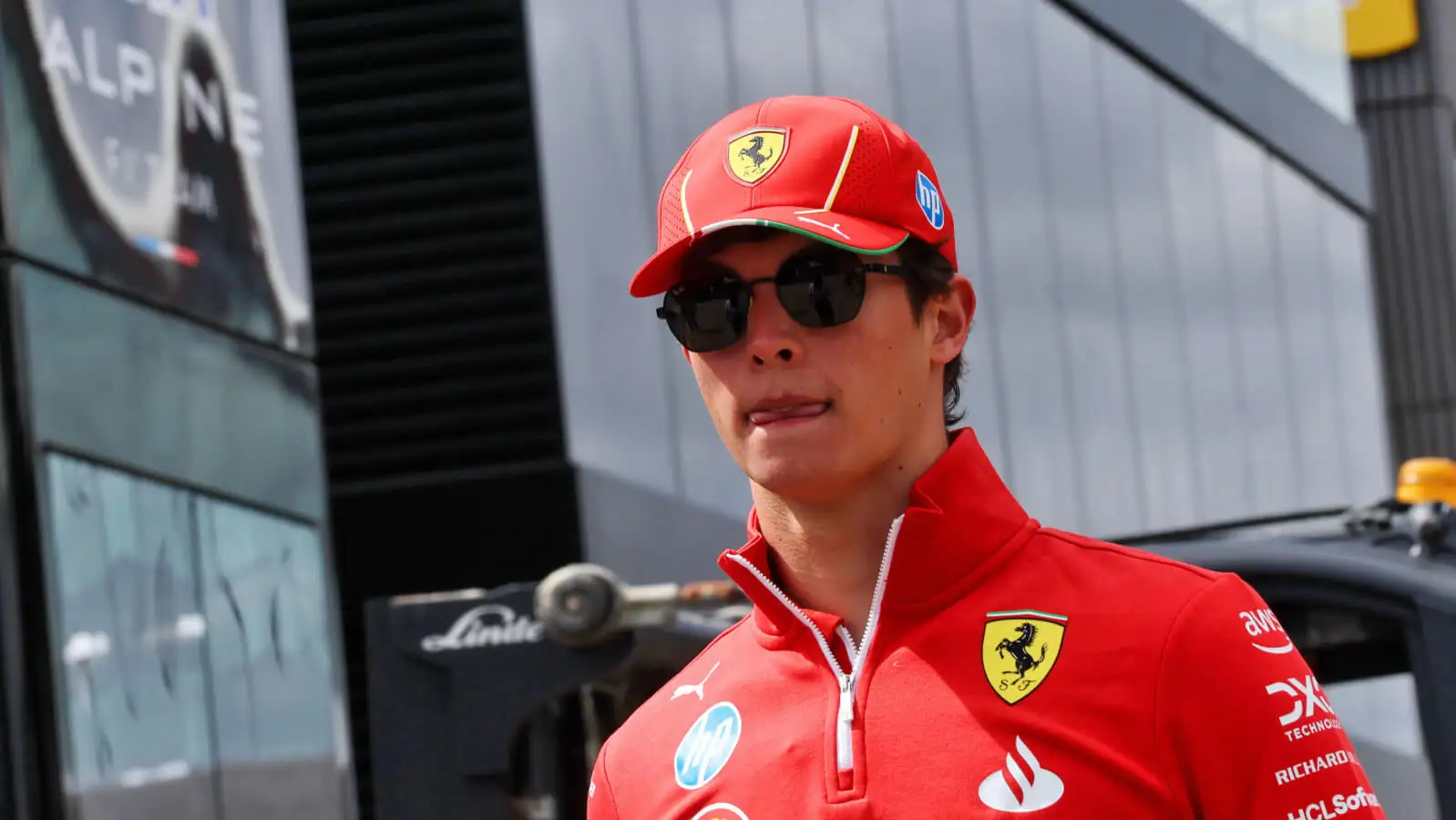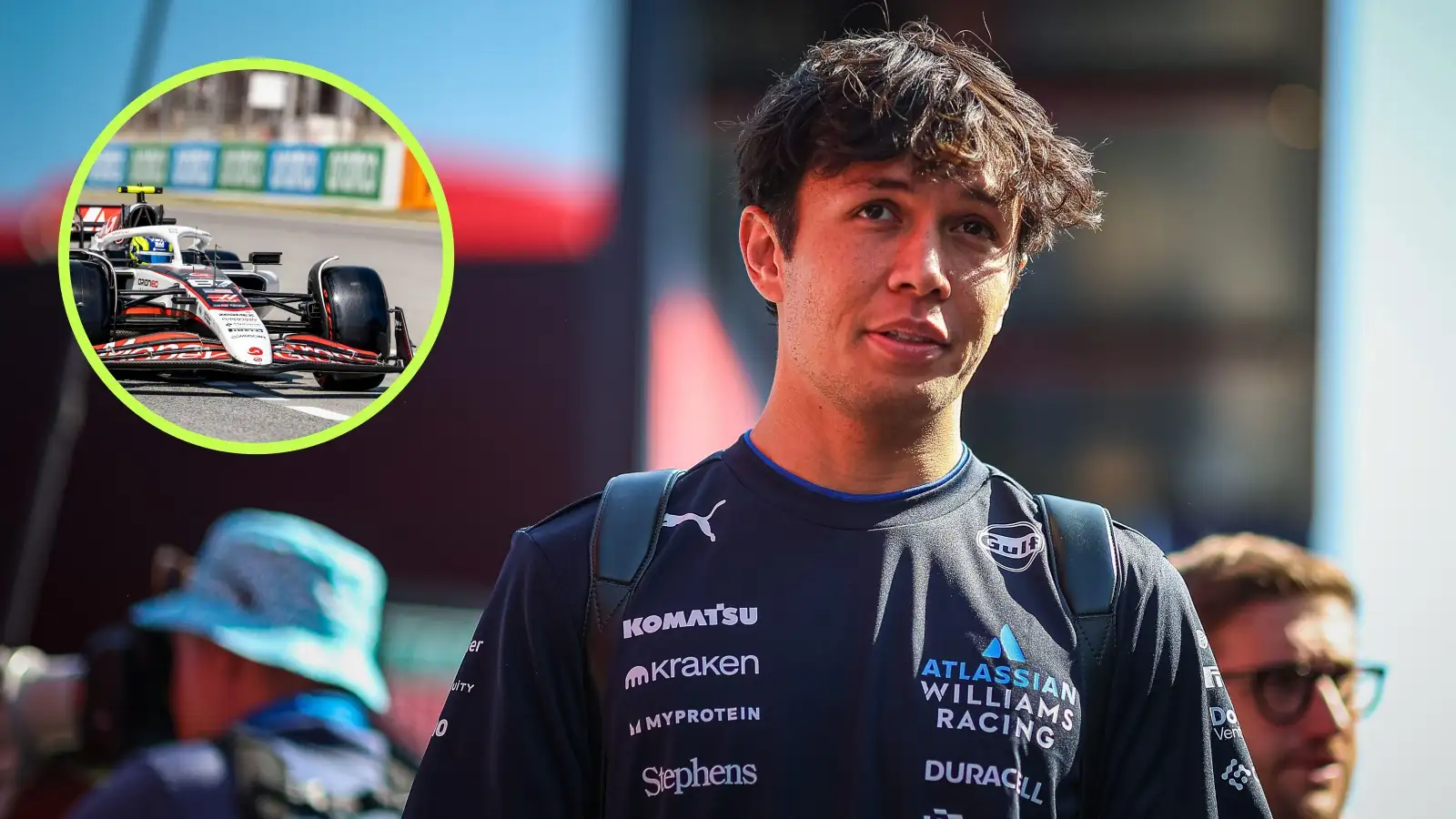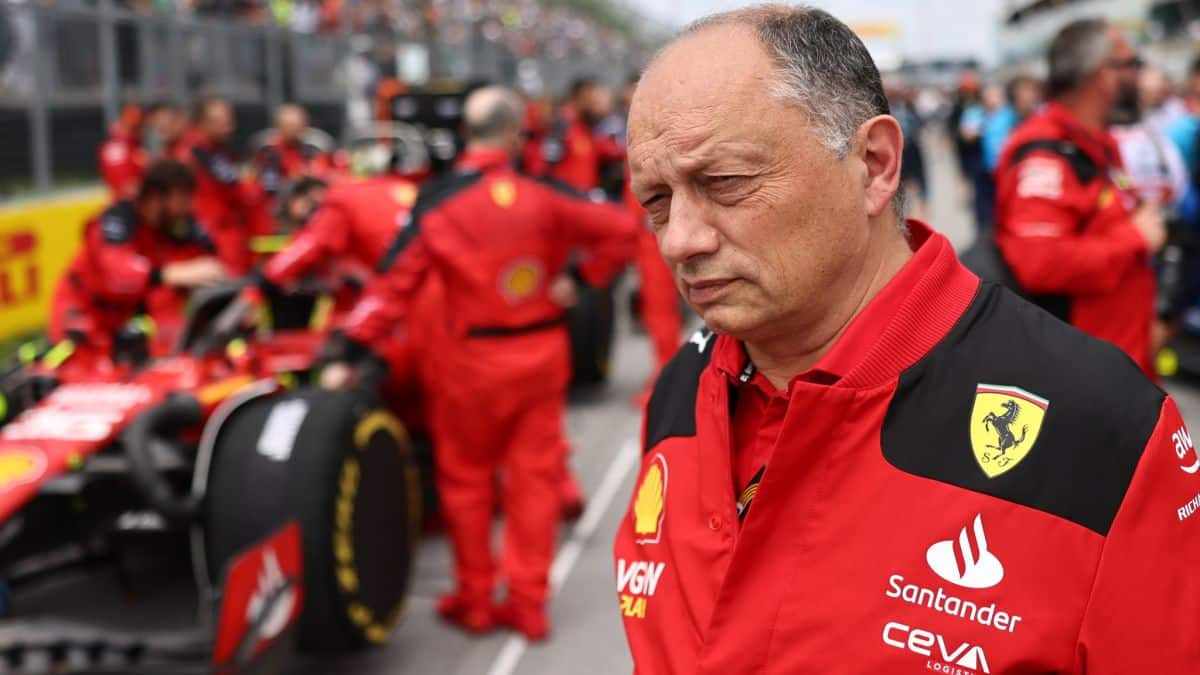Max Verstappen’s love for sim racing clashes with Red Bull’s expectations, leading to a new agreement.
- Verstappen faces scrutiny after a late-night sim session before the Hungarian GP, impacting his race demeanor.
- Red Bull advisor Helmut Marko initially enforces a late-night sim ban but later settles on a midnight curfew.
- Despite criticisms, Verstappen defends his late-night hobby as harmless and integral to his routine.
- The team agrees on a “strong recommendation” for curfews, respecting Verstappen’s personal time.
Max Verstappen, known for his intense racing spirit, found himself at odds with his team over his late-night virtual racing habits. His penchant for burning the midnight oil on simulators became a talking point when his edgy radio communications at the Hungarian Grand Prix were linked to a 3am sim racing marathon. Sky F1’s David Croft noted Verstappen’s less-than-sunny disposition, attributing it to these nocturnal activities.
Reacting to the situation, Helmut Marko, Red Bull’s motorsport advisor, initially imposed a ban on such activities during Grand Prix weekends. Marko emphasized the importance of rest during these critical periods, stating, “His late-night sim race on the Hungarian weekend only came about because a driver in his team was cancelled.” However, he acknowledged Verstappen’s unique lifestyle, which led to softening the stance to a midnight curfew.
Verstappen, unfazed by the controversy, stood by his recreational choice, highlighting its role in his life. “Racing till 3am is not something new and, for me, it’s something very important in my life,” he explained. He argued that his performance had remained consistent despite his nocturnal tendencies, even citing his double victory at the Imola weekend as evidence. “I’ve been doing this since 2015,” he reminded, underlining his vast experience and success in Formula 1.
The agreement reached was more of a gentleman’s promise than a strict rule. Red Bull and Verstappen have settled on a ‘very strong recommendation’ to curb his overnight adventures. This compromise respects Verstappen’s autonomy while addressing the team’s concerns about public perception and his performance.
Despite the public debate, Verstappen remains confident, pointing to his past achievements and disciplined approach. “I mean, I’ve won three World Championships, I think I know pretty well what I can and what I cannot do,” he asserted, emphasizing his self-regulation and understanding of his professional responsibilities.
Ultimately, the compromise on Max Verstappen’s sim racing reflects a balance between personal freedom and professional expectations.
